Sadhawana Diwas
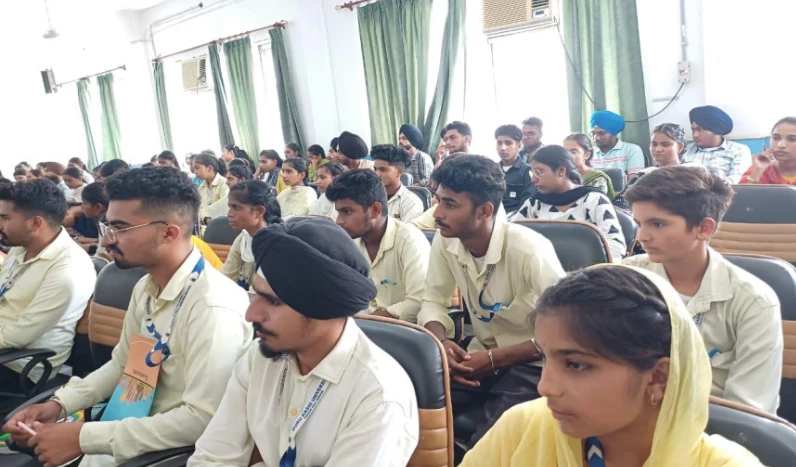
Venue-Seminal Hall, E Block
Time-12:00 Noon
No. of Student Teachers-105
On August 23, 2024, an insightful expert session titled "Nurturing Student Teachers for India's Development and Progress" was conducted by Dr. Rajni Bala, a distinguished educationist and policy advisor. This session aimed to explore the role of student teachers in shaping India’s future through historical, political, and modern contexts. The discussion highlighted strategies to enhance teacher education and emphasized the vital role of educators in driving national development.In the start of the session Mrs Rajveer Kaur Astt.Prof.Department of Education introduced the expert with her brief Profile.
Dr.Rajni Bala commenced her session by tracing the evolution of the education system in India. She highlighted the contributions of early reformers like Raja Ram Mohan Roy and Swami Vivekananda, who advocated for educational reforms that included teacher training. The historical context underscored how the British colonial era influenced the Indian education system, focusing on rote learning and examination-oriented teaching.
Post-independence, India saw significant changes with the introduction of policies aimed at democratizing education and improving teacher quality. The establishment of institutions such as the National Council for Teacher Education (NCTE) was pivotal in setting standards and frameworks for teacher education. Dr.Rajni Bala emphasized that understanding this historical evolution is crucial for appreciating current challenges and opportunities in teacher training.
Transitioning into the political landscape, Dr. Rajni Bala examined how political decisions and policies have impacted teacher education. The session discussed key legislative measures, including the Right of Children to Free and Compulsory Education Act (RTE) and the National Education Policy (NEP) 2020. These policies reflect a commitment to improving educational outcomes and emphasize the need for well-trained educators
Dr. Rajni Bala also analyzed the role of political will in driving educational reforms. She noted that despite progress, there are still disparities in educational resources and teacher training across different states and regions. The session highlighted how political stability and governance affect the implementation of educational policies and the nurturing of student teachers.
In the modern context, Dr. Rajni Bala addressed the challenges and opportunities brought about by technological advancements and globalization. She pointed out that the rise of digital education tools and online learning platforms has transformed the way education is delivered. For student teachers, this presents both opportunities to enhance their teaching methods and challenges related to digital literacy and accessibility.
Dr. Rajni Bala also discussed the importance of incorporating contemporary pedagogical approaches, such as experiential learning and student-centered teaching, into teacher training programs. She emphasized the need for continuous professional development and the integration of soft skills, such as emotional intelligence and cultural competence, into teacher education.
The session underscored the need for a holistic approach to teacher training that goes beyond traditional methods. Dr.Rajni Bala advocated for fostering an environment that supports innovation and creativity among student teachers, preparing them to address the diverse needs of modern classrooms.
Dr. Rajni Bala’s expert session provided a comprehensive overview of the historical, political, and modern contexts influencing teacher education in India. By understanding these contexts, the session illuminated the crucial role of nurturing student teachers in contributing to India’s development and progress.
Dr. Bala’s insights reaffirmed the importance of ongoing reforms and innovations in teacher training to meet the evolving educational demands. As India continues to advance, the effective training and support of student teachers will remain pivotal in shaping a brighter future for the nation.
After that Dr.Rajni Bala engaged student with some topics given belowHistorical Awareness: Incorporate historical perspectives into teacher programs to provide context and depth to educational practices.
Political Engagement: Advocate for policies that support equitable resource distribution and address regional disparities in teacher education.
Modernization: Embrace technological advancements and modern pedagogical approaches in teacher training to prepare educators for contemporary challenges.
Continuous Professional Development: Implement regular training and development programs to keep educators abreast of the latest educational trends and practices.
The session concluded with a call to action for all stakeholders to collaborate in fostering a robust and dynamic teacher education system that aligns with India’s developmental goals
At the end of the session HOD,Dr. Kavita gave the vote of thanks to Dr. Rajni Bala and participants.
She encouraged the student teachers to be a good human and nation builder because our countries development depends on teachers.

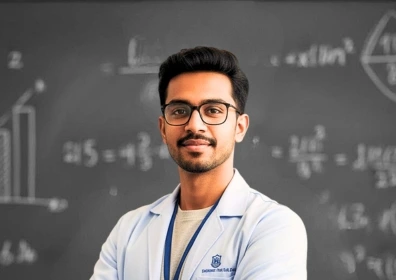
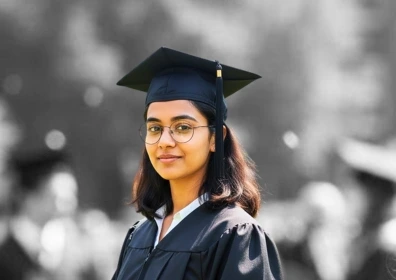
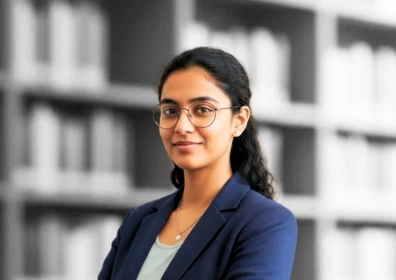
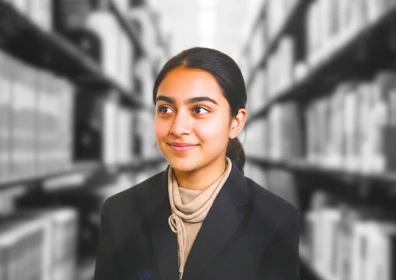
 Download Prospectus
Download Prospectus
 info@gku.ac.in
info@gku.ac.in
 +91-99142-83400
+91-99142-83400










